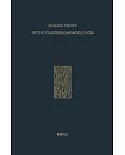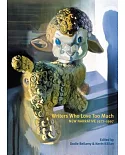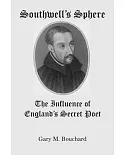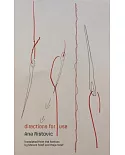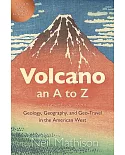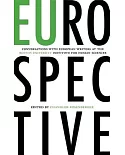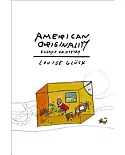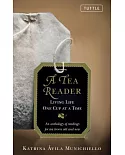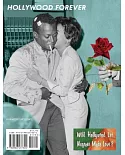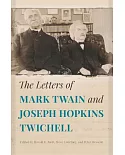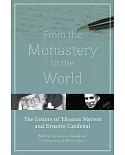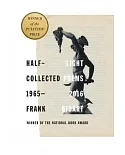James Tuttleton’s literary writings in such magazines as the New Criterion, the American Scholar, and the Yale Review have earned him a reputation as one of our most trenchant critics. Here he
collects nineteen essays derived from his long engagement with the masterworks of the American imagination. Discussions of Hawthorne and Emerson, Howells and James, Fuller and Chopin, and
Fitzgerald and Anderson, among others, are counterpointed with an analysis of the effect of contemporary critical theory on the American canon.
Mr. Tuttleton scrutinizers a century and a half of great American writing from the viewpoint of literature as an art rather than as a datum of "cultural studies." He is severe with those styles
of criticism that in his view drain literature of its moral and social significance, or that manipulate literature to serve an ideological agenda.
The essays in Vital Signs arise from a conviction that great literature is more than mere discourse or a semiotic freeplay of figurations. In Mr. Tuttleton’s view, a great poem or novel is an
ontological reality, has a living presence, and is a system of "vital signs" that, from generation to generation, illuminates the world and offers alternatives that might be our own.


